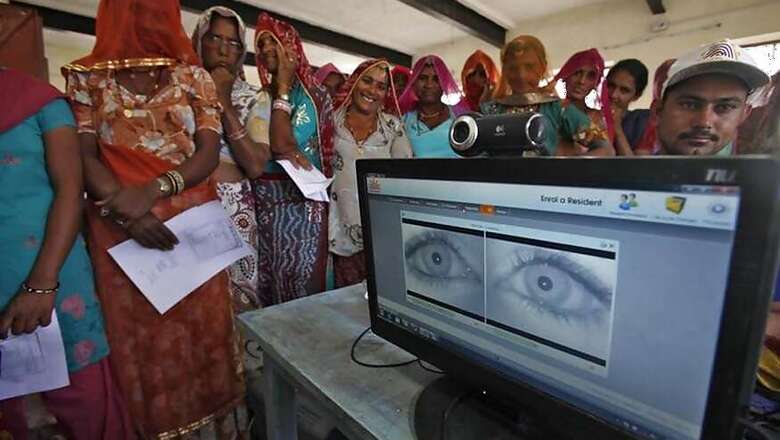
views
New Delhi: The Supreme Court on Thursday observed that stature of the right to privacy is not dependent upon the majority willing to surrender or forego this right.
Debating status and contours of right to privacy, a nine-judge bench headed by Chief Justice of India J S Khehar noted that there could be a sizeable population that may be ready to surrender its right to privacy.
But the numbers alone, the court said, was not a good test to examine the worth of a right such as privacy where constitutional issues were involved.
"There could be a situation that 99% (people) are unconcerned about privacy. But under the Constitution that may not be an important test," remarked Justice D Y Chandrachud, one of the judges on the bench.
The observation by the bench in the context of right to privacy assumes significance also in the wake of the fact that the Supreme Court, while upholding criminalisation of homosexuality even between consenting adults, had underlined that there was a "minuscule" population of LGBTs in India.
In 2013, A two-judge bench of SC set aside the 2009 Delhi High Court historic verdict, which had read down Section 377 of the IPC to hold that consensual sex between two adults in private could not be made punishable on grounds of sexual orientation.
Under Section 377, voluntary “carnal intercourse against the order of nature with any man, woman or animal," is punishable with imprisonment from 10 years to life.
Reversing the HC verdict in the Naz Foundation case, the SC emphasised the HC had overlooked that a "minuscule fraction of the country's population constitute LGBT" and in the last more than 150 years, less than 200 persons have been prosecuted for committing offence under Section 377 IPC.
"This cannot be made sound basis for declaring that section ultra vires the provisions of Articles 14, 15 and 21,"maintained the apex court, while withdrawing the legal protection to what it called a "minuscule fraction of the country's population.
Article 14 guarantees equality before the law, Article 15 prohibits discrimination on grounds of religion, race, caste, sex or place of birth, and Article 21 guarantees protection of life and personal liberty.
On Wednesday as well, the nine-bench had commented upon its judgment in the Naz Foundation case, indicating that its judgment against homosexuality may get reopened if privacy is assigned the status of a fundamental right.
“Marriage, procreation are facets of privacy… sexual orientation is also about privacy. If we say there is a fundamental right to privacy, our judgment in Naz Foundation becomes vulnerable,” Justice Chandrachud had observed.




















Comments
0 comment